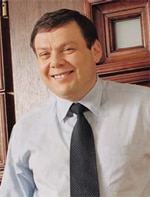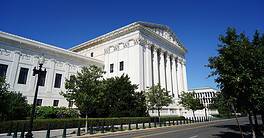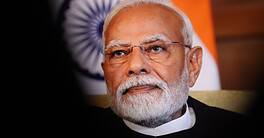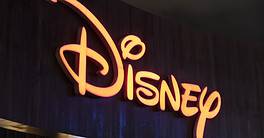“As businessmen we are pretty young, and so we havent many traditions of corporate behavior as a country.
RUSSIA

|
|
|
So have Fridman and his fellow oligarchs changed their spots overnight? Frankly, I dont think it is changing so rapidly, is Fridmans disarming reply, delivered in an interview with Global Finance in his Moscow HQ just two days after the deal was inked.
To hear it the Fridman way,any change in the way business is done in Russia is due to a gradual accretion of experience; the excesses of 1990s Russia were due to youthful inexperience. As businessmen we are pretty young, and so we havent many traditions of corporate behavior as a country,he says.
Few who have crossed Fridmans path in his rise to the top will entirely recognize any portrait in which navet plays too large a part.Fresh-faced, 38-year-old Fridman played hardball with the best as he assembled a business empire that now encompasses oil, consumer goods and banking.
Still, lumping together the 12 or so oligarchs who have planted their flags on the commanding heights of Russias new economy blurs important differences. Fridman kept his Alfa Bank paying its bills even during the depth of the Russian crisis and has married management professionalism to more traditional Russian business skills such as political clout and sharp legal elbows.It wasnt an easy task, he says of resuscitating a relationship with BP that had soured over an earlier oil deal.That he did itand garnered Russias largest-ever FDI bounty shows this businessman, at least, has staying power.
Mark Johnson



